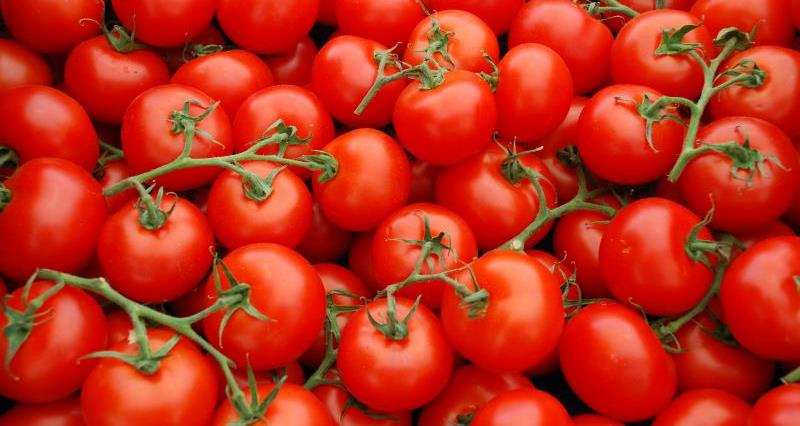He writes:
As the next generation of farmers we wanted to discover how other EU members are tackling the ‘one way relationships’ farmers often feel they have with retailers so we could inform NFU members on key lessons we learnt. To do so we arranged a visit with a progressive Dutch tomato grower and their producer organisation Prominet.
Kwekerij van Adrichem has been a family run business since 1950 with 29 Ha of glass over three sites. They are also one of the founding members of produce organisation Prominent, which has 21 other members growing tomatoes and 27 members in total.
Prominent has very specific and stringent rules for being part the group including providing a loan to the group which is then invested back in at a later date. Being so large offers them great flexibility within the market and having a central packaging plant makes it possible to provide individual packaging for customers, independent of which site the tomatoes come from.
Farmers in the UK would question their method of composting excess tomatoes rather than finding a market for them, but doing this would be counter to the essence of the group’s fundamentals.
The Kwekerij van Adrichem site we visited was an impressive 9 Ha hydroponic site currently growing large vine tomatoes and was heated and received CO2 from a nearby fertiliser plant at Seaport. We met with WarmCO2 to hear directly about how all the companies involved worked mutually together and how this working relationship provided a financial and environmental benefit for both parties.
After a tour around the facility we came away very buoyant with an idea of what is possible to do when working together and how supermarkets can be approached on a level playing field.
The following day we met with CEJA, the EU farmers organisation which was our first meeting since joining forces with the NFYFC with aims of forming closer ties of promoting farming for the next generation. The meeting gave us a real insight into the running of, priorities and structure of the organisation.
Back in the UK we had arranged a meeting with Defra about their 25-year food plan. As the next generation who will be most affected by the plan, we were eager to meet and were glad that they listened closely to our concerns around how they consulted farms.
We made key points around our desire to be part of the development of the food plan and look forward to a follow up meeting to talk through it in more detail the effects it will have once the plan is released.
